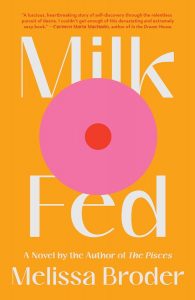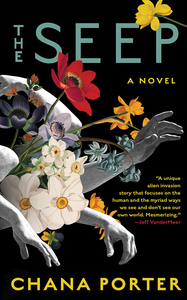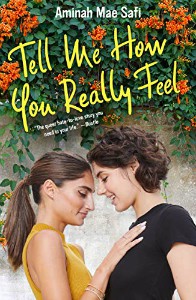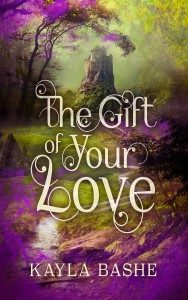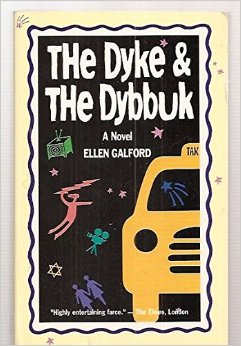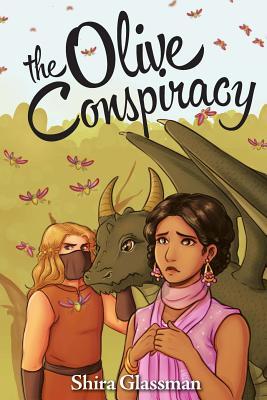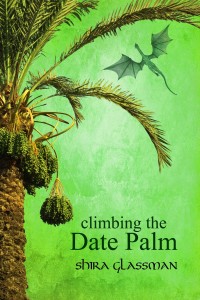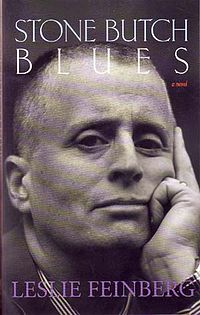
Amazon Affiliate Link | Bookshop.org Affiliate Link
Lara has come back from the summer with a new look and newfound confidence. It’s paying off, because the guy she’s been obsessed with for all of high school is flirting with her! There’s just one problem: Jasmine just walked through the door. Jasmine, the girl she spent a confusing, steamy summer with. “Lara has everything she ever wanted: a tight-knit group of friends, a job that borders on cool, and Chase, the boy of her literal dreams. But if she’s finally got the guy, why can’t she stop thinking about the girl?”
This is a great story about a main character who is questioning her sexuality. She’s only ever been interested in guys, and she and Jasmine never really talked about what they were. Was it just… fun making out? Or was there something between them? When their summer ended without answers, she thought that was it. But now she facing her in the halls and there’s none of the ease there used to be–just awkwardness and miscommunication. Even when she’s with the guy she’s been pining over for years, she can’t stop thinking about her.
The timeline rotates between the past, starting with Lara and Jasmine’s meeting, and the present. Because so much of the present storyline is dealing with the tangled emotions of what happened between them, it still manages to feel suspenseful and intriguing. The tension between them in the present is intense–they’re both acting like nothing happened, but their chemistry is undeniable. (I kept thinking about “Strange” by Celeste: “From strangers to friends, Friends into lovers, And strangers again…”)
One of the most interesting aspects of this book for me was that Lara is the kind of character I usually read about in YA. She’s part of the “popular” crowd and is conventionally attractive (thin, perfect skin, and now blonde). She’s the best friend of the most popular girl in school–who can be a bit of a jerk, but also isn’t a monster. Her friends feel like real people (one runs a podcast where she investigates mundane mysteries, like who the school librarian is secretly dating), but they also feared enough that seats open up at the football game wherever they want to be.
I initially felt some resistance to Lara–do I want to really want to read about an attractive, popular teenage girl spending the summer having beach parties or by the pool? (Of course, this is ridiculous: I’m 30. It’s not like I’m relating to the teenage protagonist no matter their social status. I’m just accustomed to YA starring the misunderstood/nerdy/loser/underdog/etc character.) She pretty quickly won me over, though. Lara is trying to figure herself out–not just her sexuality, but who she is outside of her friend group or obsessive crush. That summer allowed her to try on some independence, and she isn’t ready to give it up.
I really enjoyed this book. It got me thinking about how bisexuals experience heteronormativity/compulsory heterosexuality. That’s usually only discussed in terms of lesbians, but Lara is so clearly trying to act out the image of a perfect heterosexual relationship (dating the quarterback, dreaming about being prom queen) without actually engaging with her own emotions. Is she attracted to Chase? Or is she attracted to the title of being Chase’s girlfriend?
Both Lara and Jasmine are Jewish, and there are some cute moments with them bonding over that, even though it means different things in their lives. In some ways, this was a painful read–I so wanted Jasmine and Lara to talk and face their feelings, but that would require them to be different people. The story is about Lara puzzling through her emotions and their significance, so I can’t hold that against her!
Adler so perfectly captures hormone-drunk, confusing, sun-drenched summer relationship feeling. Also, I had to laugh when when Lara talks to 1 (one) bisexual and says, “Well, I don’t have the same experience, so I must be straight.” Relatable content. If you’re looking for a great bisexual and/or questioning YA, I highly recommend this one.

